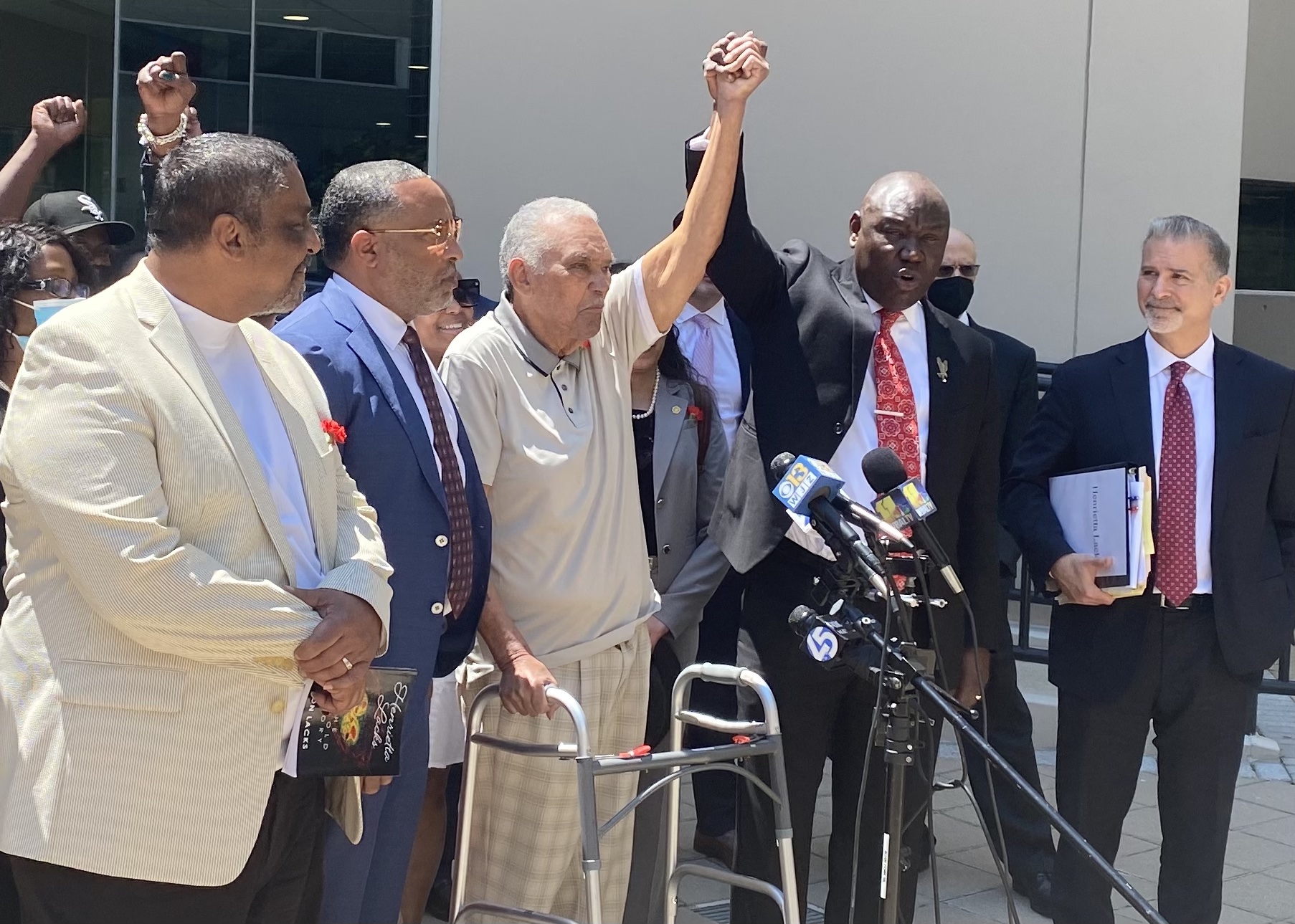Bill to Close Health Disparities, Honor Henrietta Lacks Becomes Law
A bill aimed at closing health disparities and honoring the medical contributions of Henrietta Lacks has been signed into law.
President Trump on Tuesday signed H.R. 1966, the “Henrietta Lacks Enhancing Cancer Research Act of 2019.” The measure requires the U.S. Government Accountability Office to complete a study on barriers to participation in federally funded cancer clinical trials by populations that have been traditionally underrepresented in such trials.
The bill was sponsored by Maryland’s U.S. Sens. Chris Van Hollen (D) and Benjamin L. Cardin (D), as well as Rep. Kweisi Mfume (D-Md.), who has sponsored the bill since the death of his predecessor Elijah E. Cummings, who originally championed the legislation. Co-sponsors include Maryland Congressmen C.A. Dutch Ruppersberger (D), John P. Sarbanes (D) and David J. Trone (D).
“It’s been an honor to help spearhead these efforts in the name of medical science and racial inclusion. This move is also deeply personal as it’s an opportunity to pay homage to Mrs. Lacks (who lived just blocks away from my family in Baltimore County’s Turner Station) and a chance to advance the work of the late Congressman Elijah Cummings, my close friend of 42 years,” Mfume said in a statement. “Today, I hope we’ve made Mrs. Lacks, the Congressman, and our country proud.”
Lacks, a Black woman who lived in Baltimore, died of cervical cancer in 1951. During her cancer treatment, doctors at Johns Hopkins Medicine took samples of her tumor without her knowledge or consent. While cervical cells collected from other patients at the time would die, Lacks’ cells doubled their numbers every 24 hours, and scientists created the first immortal line of human cells: HeLa.
Without Lacks’ or her family’s knowledge, HeLa cells were used in medical research and helped change the course of modern medicine, contributing to medical breakthroughs including the development of the polio vaccine, and treatments for cancer, HIV/AIDS, leukemia, and Parkinson’s disease.
“The debt of gratitude we owe Henrietta Lacks will never be fully repaid. But we can work to ensure that Americans know of her contributions to medical research and of the countless lives her cells saved, while also fighting to root out the disparities communities of color face in our health system,” Van Hollen said in a statement. “This bill, named in her honor, aims to do just that. Alongside my dear friend, the late Congressman Elijah Cummings, I was proud to introduce this legislation to help ensure that all Americans are represented in cancer research and ultimately receive equitable treatment options.”
Cardin said the bill will help address historic barriers that minority and low-income communities have faced when participating in federally funded clinical cancer trials. “Overcoming those barriers and guaranteeing robust enrollment and representation of diverse communities is absolutely critical to the success of clinical cancer trials,” Cardin said in a statement.
According to the American Cancer Society, Black Americans still face the highest death rate and lowest survival rate of any racial or ethnic group for most cancers. About 20% of cancer clinical trials fail because of lack of patient enrollment ― and racial and ethnic minorities, as well as older, rural, and lower-income Americans generally underrepresented in such trials.
“While cancer impacts everyone, it does not affect everyone equally,” Lisa Lacasse, president of the American Cancer Society Cancer Action Network, said in a statement. “The Henrietta Lacks Enhancing Cancer Research Act is critical to changing this reality, improving cancer outcomes and reducing health disparities in this country.”
Lawrence Lacks Sr., Henrietta Lacks’ eldest son, lauded the final passage of the law.
“My family is overcome with joy tonight and applauds the signing of the Henrietta Lacks Enhancing Cancer Research Act into law. We thank Senator Van Hollen for his continued leadership in the advancement of this important legislation honoring my beloved mother,” he said. “This law builds upon her legacy and the global impact of her HeLa cells by ensuring equitable access to advancements in cancer treatment for all people. She truly is the Mother of Modern Medicine, and my family is proud that her contributions are now rightfully being honored as the world celebrates Henrietta Lacks’ centennial year.”



 Creative Commons Attribution
Creative Commons Attribution